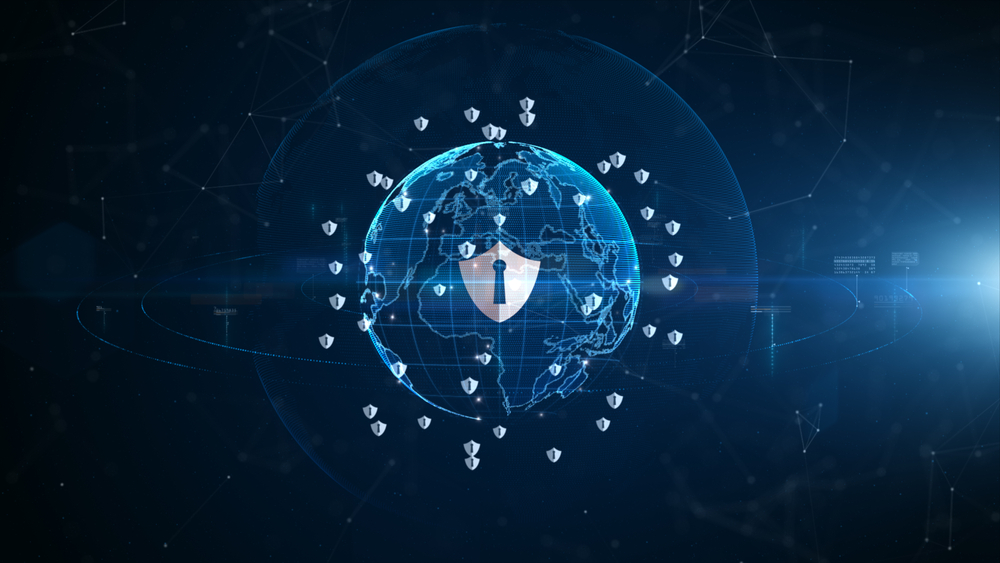Leading up to this year’s Safer Internet Day (February 7th) we hosted a competition asking schools to send us their students best tips on how to be safe and kind online. It was clear to us that Primary students had grasped the concept of not sharing personal information, including login details. But how would they react if finding those details for someone else? Would they also understand and respect not using them?
Conversations in classrooms across the country need to include this topic too. Knowing not to write down your login details where they can be found and stolen is one thing, but also understanding that if someone does that anyway, it’s not an invitation to use them.
Cybersecurity is a critical issue in today’s digital age, and it is becoming increasingly important for primary schools to teach students about the risks and dangers of the online world. With more and more children and young people using the internet and technology daily, it is crucial that they are equipped with the knowledge and skills to stay safe online.
A cyber-attack can be a prank by a student who meant no serious harm, or it can come from outside with the goal of data theft or financial gain. Teaching young students about cyber security can be useful in conversation to further implement the need to be kind and safe.
Cyber-attacks may result in schools being locked out of their systems and devices or having confidential data lost, stolen, or sold. This repercussion is obviously disruptive for day-to-day school operations and student learning, but also disruptive of school budgets and their image. These after-effects can last for some time as schools recover.
Why do hackers go after schools?
There are lots of different motives for cyber-attacks in the education sector, such as:
Disruption
With the main aim being to cause widespread disruption to your school’s network and negatively impact school productivity, these kinds of attacks are usually Distributed Denial of Service (DDoS) attacks. They’re relatively easy to undertake and can come from outside actors or students to get out of classes and tests.
Data theft
Schools hold a plethora of private information such as personal details about staff, students and their families, financial information, and passwords that might be reused elsewhere. Now with more and more schools entrusting their information to the cloud, this information is all stored online. Cyber Attackers can steal this information and sell the data to a third-party company or use it as a bargaining tool to extort money.
Financial gain
Some schools handle large sums of student fees, which could be a reason for hackers to target schools.
Espionage
This is where attackers aim to find valuable information held by your school in a targeted attack. For example, if you’re working on a specific research project, and it’s deemed as being valuable intellectual property.
What can your school do to prevent these attacks (checklist)
- Check that your school website is not disclosing any personally identifiable information that could be used by scammers.
- Payroll, accounts, and leadership staff should also review what personal information they are disclosing publicly on social media and adjust their privacy settings if required.
- Make sure staff and students are educated about phishing email scams. Conduct awareness training.
- Rigorous password policies with non-dictionary words using a mix of lowercase and uppercase letters, numbers and symbols.
In conclusion, primary schools play an essential role in teaching students about cyber security. The early years are crucial in developing good habits and practices to stay safe online, recognising and reporting online bullying and harassment, and developing digital literacy skills. And understanding the need of keeping your own, and others information safe, plus the consequences that can follow if failing to do so. By educating students about cyber security, primary schools can help to build a safer and more secure online community for everyone.

 Australia
Australia Canada
Canada LATAM
LATAM New Zealand
New Zealand UAE
UAE United States
United States








